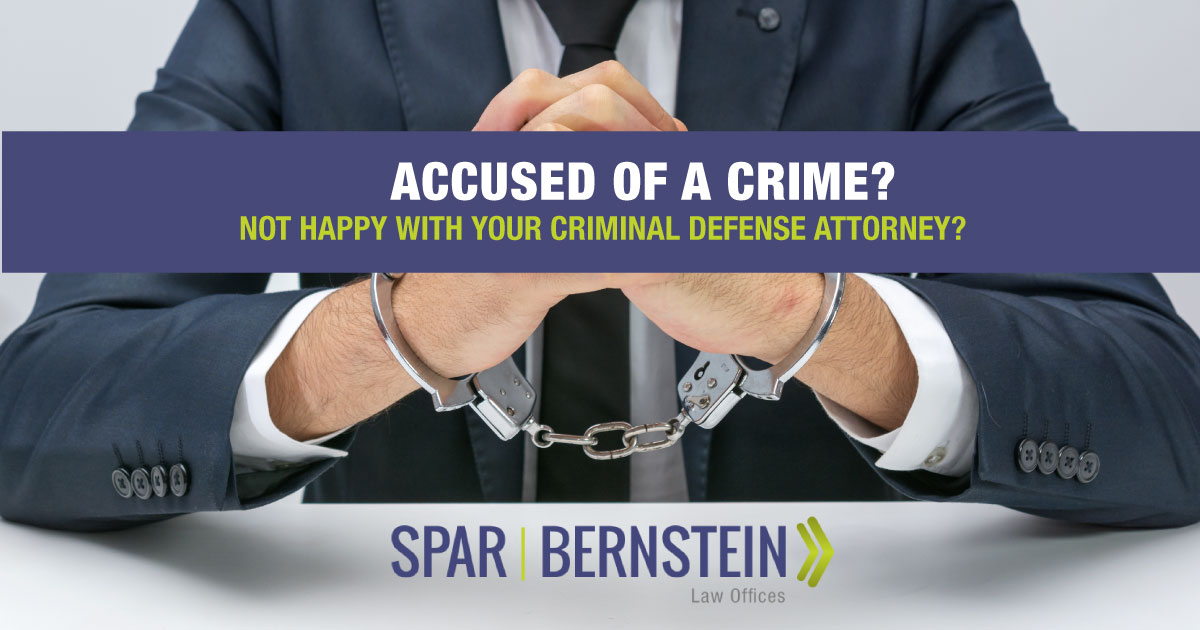Refine Your Understanding Of Test Preparation As We Evaluate The Specific Techniques That Criminal Justice Attorneys Use-- What Vital Activities Do They Do?
Refine Your Understanding Of Test Preparation As We Evaluate The Specific Techniques That Criminal Justice Attorneys Use-- What Vital Activities Do They Do?
Blog Article
Writer-Jamison Lim
When you think of the preparation that goes into a criminal test, it's easy to overlook the considerable behind the curtain work attorneys participate in. You'll discover that they start by examining the situation details and collecting proof, but it doesn't stop there. They craft techniques based on who's supervising the instance and who's resting on the jury. As they browse the complexities of each trial, they additionally have to expect the prosecution's actions. So, what particular steps do they require to make certain whatever aligns flawlessly come test day?
Instance Assessment
When preparing for a test, a detailed case evaluation is necessary for any criminal justice lawyer. You'll begin by evaluating the truths of your case, which sets the foundation for your approach. Understanding the timeline of events, identifying principals, and identifying potential weak points in the prosecution's disagreement will certainly assist you develop a solid technique.
Next, you'll review any existing lawful criteria that can influence your instance. Familiarizing yourself with similar situations can give important insights right into exactly how courts might interpret the law. This expertise enables you to expect challenges and address them proactively.
In addition, you'll want to talk to your client to gather their viewpoint and ensure their story aligns with the proof. Reliable interaction likewise aids construct trust, which is essential for a solid attorney-client relationship.
Finally, think about the ramifications of numerous results. This evaluation not only prepares you for test yet also enables you to recommend your client on possible plea deals or alternate resolutions.
Proof Collection
After assessing the situation, the following step entails event evidence that supports your client's defense. This procedure is crucial, as the toughness of your instance often rests on the high quality and importance of the evidence you accumulate.
You'll start by determining potential sources of proof, which might include witness declarations, police records, security video, and forensic data.
Once Click Webpage have actually determined these sources, you'll need to obtain them legally and fairly. This could mean filing ask for papers, interviewing witnesses, and coordinating with experts who can evaluate physical proof.
Be detailed in your documentation; every piece of evidence must be cataloged thoroughly to guarantee you can reference it easily during trial.
It's also necessary to assess the evidence for its admissibility. Some things could be engaging but could face obstacles in court as a result of legal policies. You'll wish to expect any kind of objections from the prosecution and prepare counterarguments.
Finally, maintain your client educated throughout this procedure. Transparency develops trust and helps them comprehend just how each item of evidence adds to their protection approach.
This collective strategy lays the foundation for a solid situation as you relocate better to trial.
Test Strategy Growth
Creating a test technique is important for properly presenting your instance in court. You'll wish to start by assessing the evidence collected and determining essential styles that support your client's placement. Think about just how to present the realities in an engaging story that resonates with the jury.
Next off, consider your audience. You need to customize your method based on the discretionary's histories, ideas, and values. This understanding can guide how you mount your debates and pick which evidence to highlight.
It's additionally vital to anticipate the prosecution's method. Recognize possible weaknesses in your case and create counterarguments to resolve them proactively. Think of what questions jurors might have and be prepared with clear, succinct reactions.
Once you've developed your core debates, method delivering them with confidence. Mock tests can be valuable for fine-tuning your presentation design and gauging the performance of your approach.
Lastly, stay versatile throughout the trial. Be ready to adjust your approach as new proof or growths arise, guaranteeing you remain focused on achieving the very best end result for your client.
Conclusion
In getting ready for trial, you need to remain organized and aggressive. By thoroughly evaluating the situation, gathering strong evidence, and crafting a strategic approach, you'll establish yourself up for success. Keep in mind, flexibility is vital; be ready to adapt as the test proceeds. With reliable communication and practice through mock tests, you'll be well-equipped to respond to any kind of obstacles that arise. Eventually, your preparation can make all the difference in accomplishing a positive end result for your client.
